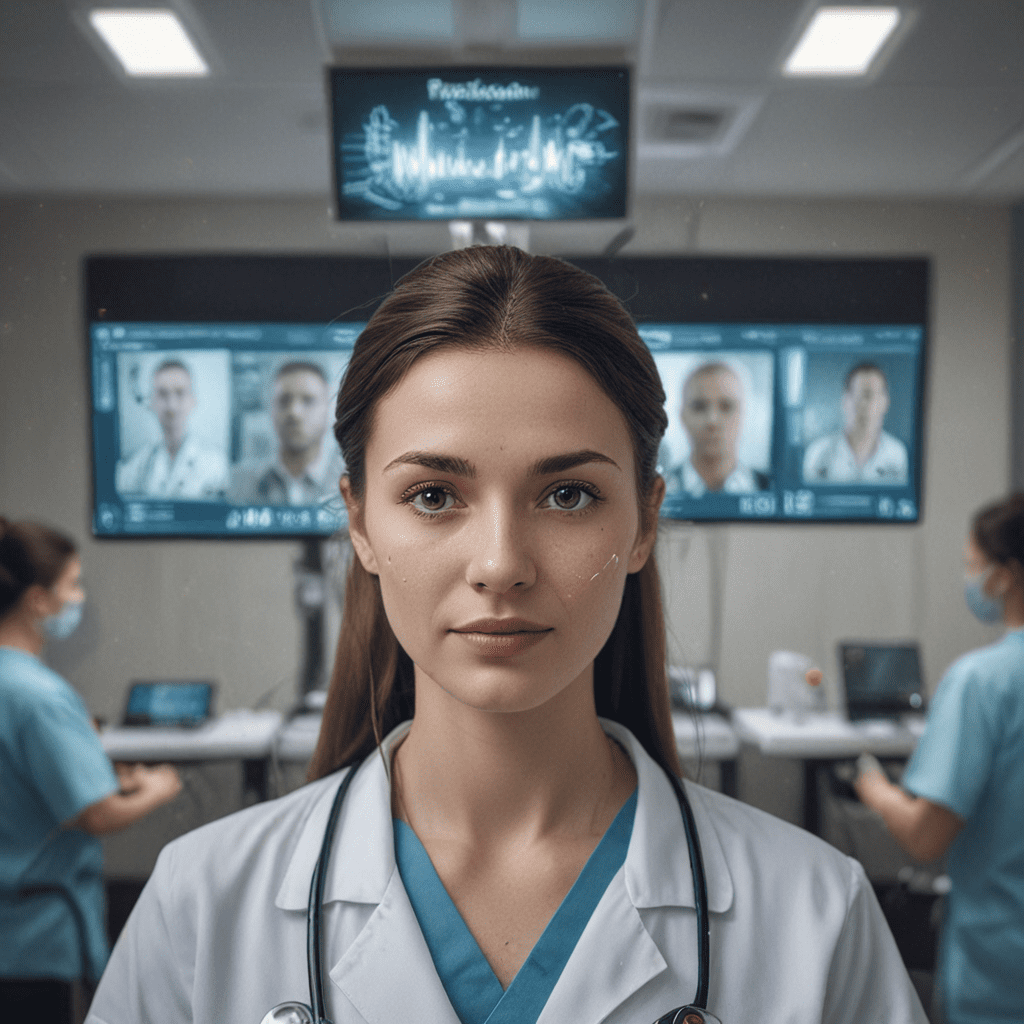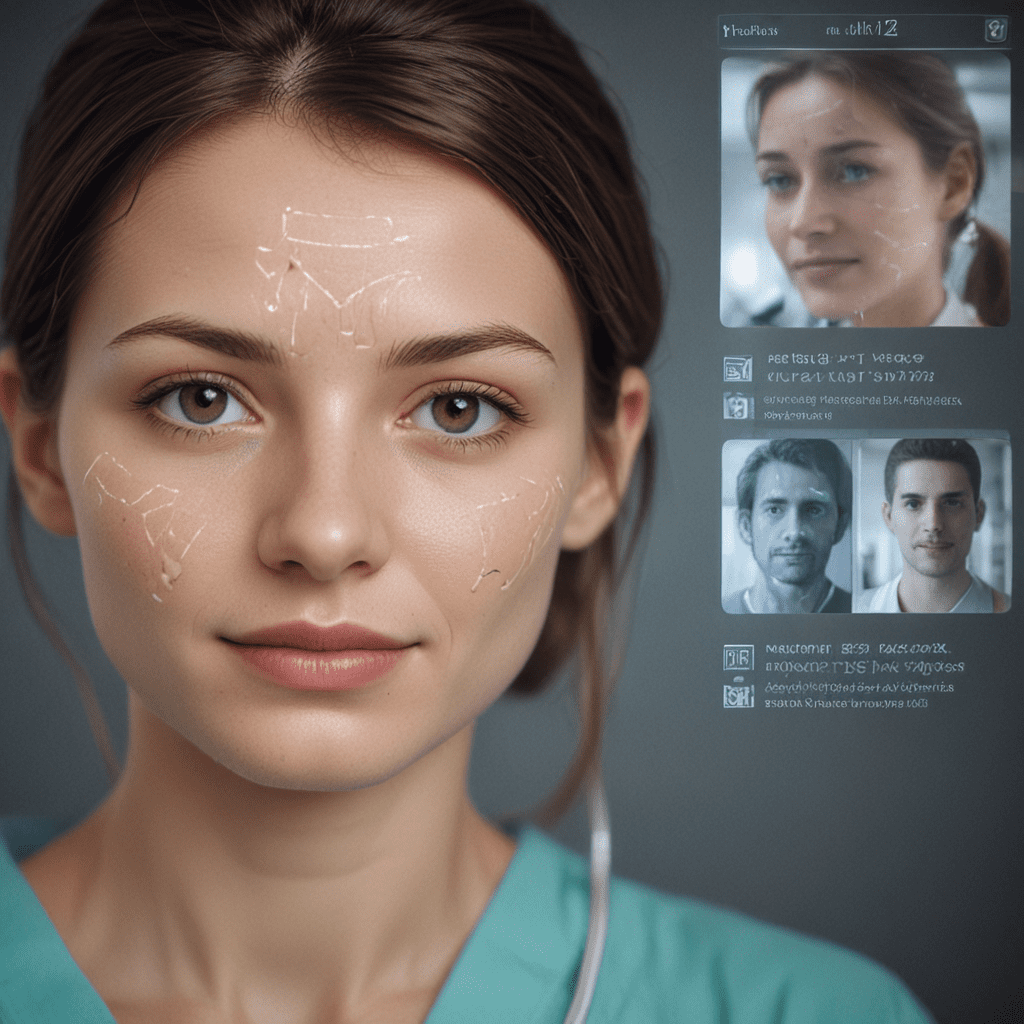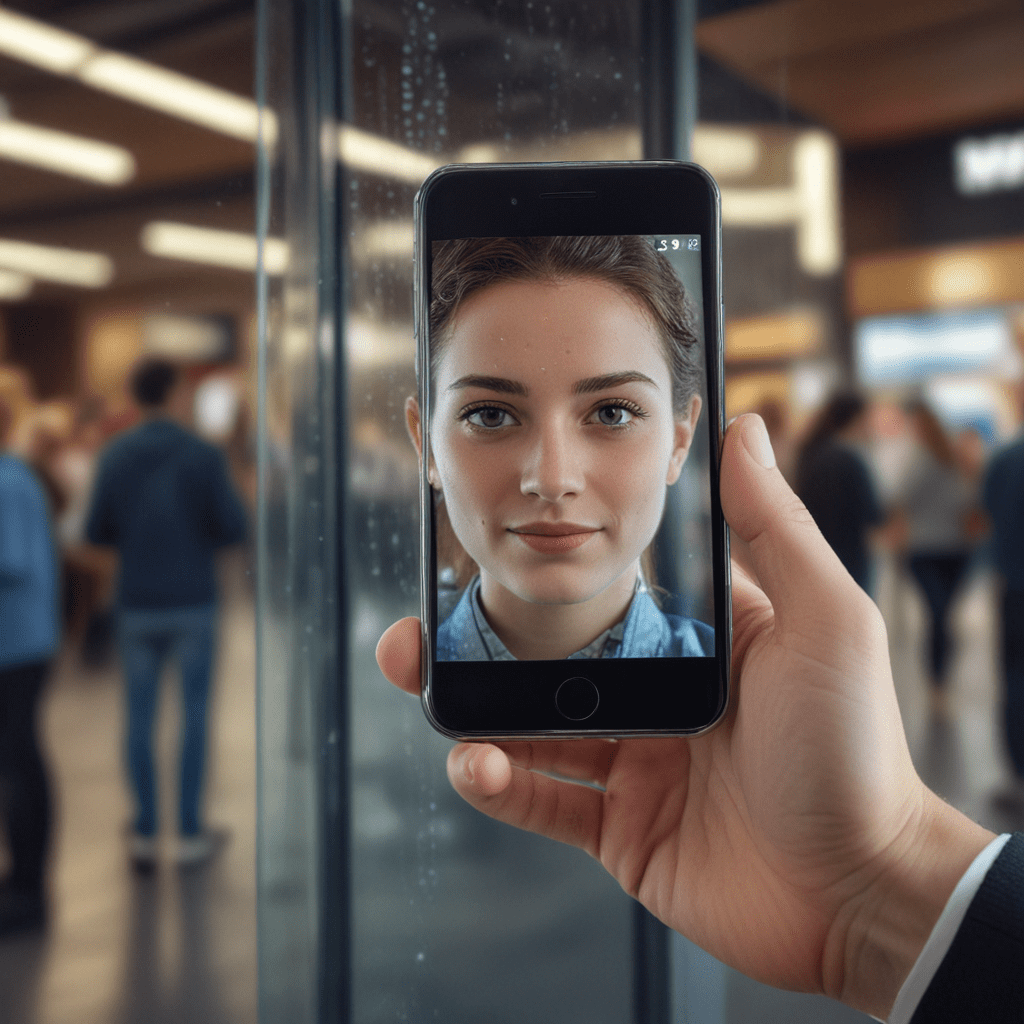
Facial Recognition in Healthcare: Revolutionizing Patient Care Delivery
Facial recognition technology has emerged as a transformative force in healthcare, promising to revolutionize patient care delivery. By harnessing the power of advanced facial recognition algorithms, healthcare providers can enhance patient identification, improve safety and security, streamline access and registration processes, and personalize healthcare experiences.
1. Introduction
Facial recognition technology utilizes advanced algorithms to analyze facial features and identify individuals. In the healthcare context, this technology provides a secure and efficient means of verifying patient identities, safeguarding their personal information, and enabling more personalized interactions.
2. Benefits of Facial Recognition in Healthcare
The implementation of facial recognition in healthcare offers numerous benefits, including:
- Enhanced patient safety and security
- Streamlined patient access and registration
- Personalized healthcare experiences
- Improved operational efficiency
- Reduced healthcare costs
3. Use Cases in Patient Care
Facial recognition technology finds applications in a wide range of patient care settings, including:
- Patient identification and verification at registration desks
- Securing patient records and preventing medical identity theft
- Tracking patient movements within healthcare facilities
- Providing personalized recommendations based on facial expressions and behavior
- Automating patient check-in and checkout processes
4. Improved Patient Identification and Verification
Facial recognition technology significantly improves patient identification and verification processes. By matching patients' faces to their medical records, healthcare providers can eliminate errors associated with manual identification methods. This reduces the risk of mix-ups, misdiagnoses, and improper treatments.
5. Enhanced Patient Safety and Security
Facial recognition technology plays a crucial role in enhancing patient safety and security. It provides real-time alerts if unauthorized individuals enter restricted areas or attempt to access patient records. This helps prevent incidents such as medication errors, patient elopement, and theft of medical supplies.
6. Streamlined Patient Access and Registration
Facial recognition technology streamlines patient access and registration processes. By automating patient check-in and checkout, healthcare providers can reduce wait times, improve patient satisfaction, and allocate staff resources more efficiently.
7. Personalized Healthcare Experiences
Facial recognition technology enables personalized healthcare experiences by providing real-time insights into patients' preferences, behaviors, and emotional states. This information can be used to tailor treatments, provide personalized recommendations, and enhance overall patient engagement.
8. Challenges and Considerations
While facial recognition technology offers significant benefits, it also raises challenges and ethical considerations that need to be addressed. These include concerns about privacy, data security, and potential bias in facial recognition algorithms.
9. Ethical Implications
The ethical use of facial recognition technology in healthcare requires careful consideration of privacy, data protection, and potential biases. Healthcare providers must ensure that patient data is handled securely and that facial recognition algorithms are fair and free from bias.
10. Future Trends and Innovations
The future of facial recognition in healthcare holds exciting possibilities. Advances in artificial intelligence (AI) and computer vision will continue to enhance the accuracy and capabilities of facial recognition systems. New applications will emerge, such as remote patient monitoring and disease diagnosis based on facial expressions.
Frequently Asked Questions
Q: How secure is facial recognition technology in healthcare?
Facial recognition technology utilizes advanced encryption and security measures to protect patient data and prevent unauthorized access.
Q: Is facial recognition technology biased?
Researchers are continuously working to address potential biases in facial recognition algorithms and ensure fair and accurate results for all individuals.
Q: How will facial recognition technology impact the patient-provider relationship?
Facial recognition technology can enhance the patient-provider relationship by providing personalized care, improving communication, and fostering trust.


